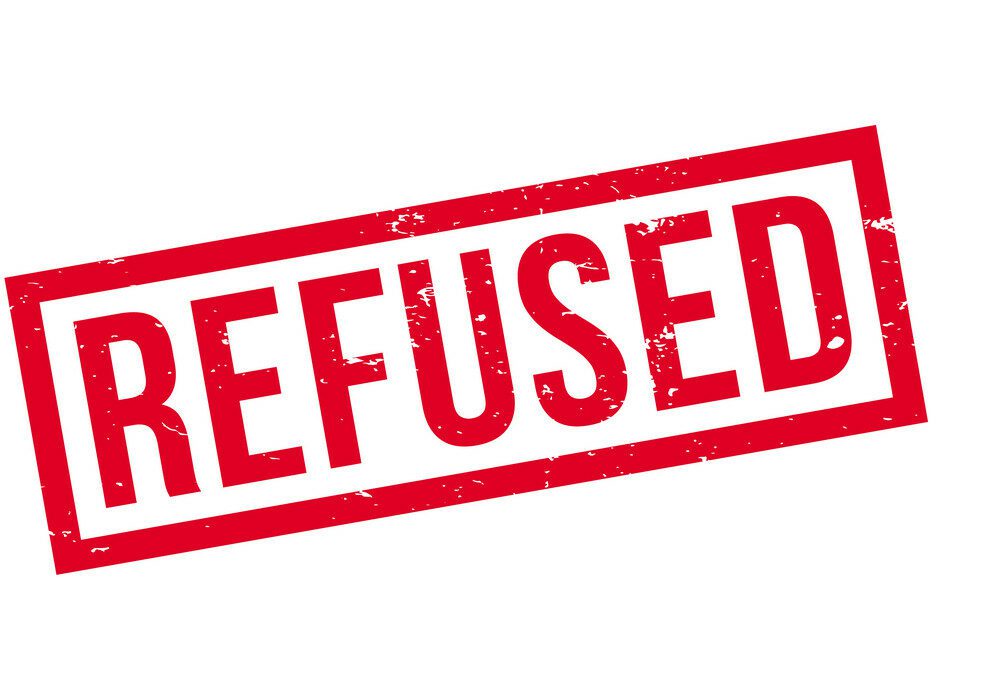When you submit a proposal for an Individual Voluntary Arrangement, there’s a chance that your creditors will reject it, and there are a few reasons why they might do so. Understanding how to get Individual Voluntary Arrangement Accepted is an essential first step in developing a feasible proposal that is more likely to be accepted.
How Does An IVA Proposal Work?
An IVA, or Individual Voluntary Agreement is a legally binding agreement between you and your creditors to repay your unsecured debts over a set period of time. To apply for an IVA, you will work with an Insolvency Practitioner (IP) who creates a proposal based on what you can afford to pay back and what is reasonable for your creditors to receive.
Your insolvency practitioner (IP) will go over your income and spending with you to decide how much spare monthly income you can pay towards your IVA monthly repayments. They’ll then help write up a proposal, which they’ll present to creditors at a Meeting of Creditors. Creditors will vote on the proposal there.
For your IVA proposal to be accepted, you’ll need 75% (by total debt value) of your voting creditors to vote in your favour. This implies that the creditors with the most influence will be those to whom you owe the most money.
Why Would My Creditors Reject My Proposal?
If you want your proposal to be accepted, make sure that you are honest and transparent about all of your debts, income, and expenses. Do not try to hide anything from your creditors, as they will likely find out and reject your proposal as a result.
Make sure to be thorough in your proposal–if you leave anything out, creditors may reject it. They are not obligated to get in touch with your IP for more information, but some may choose to follow up.
Be reasonable: If you propose a payment plan that is fair to yourself but not to your creditors, it will almost certainly be rejected. You should aim for a solution that is fair for all involved.
If your creditors believe there is no alternative method of obtaining a fair share of the debt from you, they are more inclined to accept your offer. However, if there are other debt solutions that might work out better for them in the long run, such as a Debt Management Plan (DMP) where they will receive full payment on their debt over a realistically short period of time. Or bankruptcy, if you have significant assets, they may reject your IVA.
Creditors are less likely to approve your IVA if you have taken out a loan that you can’t repay, so it’s always best to stick within your means and be mindful of the consequences before increasing your existing unsecured debt or taking out new lines of credit.
Why Would My Credit Providers Accept My Proposal?
You should be looking to make the best offer to creditors that you can. If you’ve been as honest as possible with your credit providers in your proposal and genuinely have no other option but to pay back your debts, they will be more open to accepting it.
Credit providers are known to sell people’s debts to debt collection agencies for less than the full amount. This means they receive a smaller percentage of the debt rather than nothing at all.
An IVA is a long-term payment plan spread out over five or six years. In most cases, the creditor recovering the money through an IVA will get more of the debt returned to them than if they sold it to a collection agency or pursued bankruptcy as an alternative solution.
Creditors will save on extra collection costs if you’re making monthly payments through an IVA, because they receive regular payment of dividends and updates about the progress of your IVA annually.
Your IP will have existing relationships with credit providers, so he or she should be familiar with the requirements when talking about an IVA proposal with you.
Seek Debt Advice Tailored to Your Circumstances
If you are struggling repaying debt and would like to seek free debt advice and to see whether an IVA is right for your circumstances, you could contact a debt charity such as Money Advice Service, Step Change or Citizens Advice Bureau.
Alternatively, feel free to contact us here at Become Debt Free and speak with one of our friendly professional advisors. We will listen to you regarding your financial circumstances and advise whether an IVA is right for you or whether an alternative debt solution such as a Debt Management Plan (DMP) or a Debt Relief Order (DRO) and what each option entails so that you can make your own fully informed choice.








